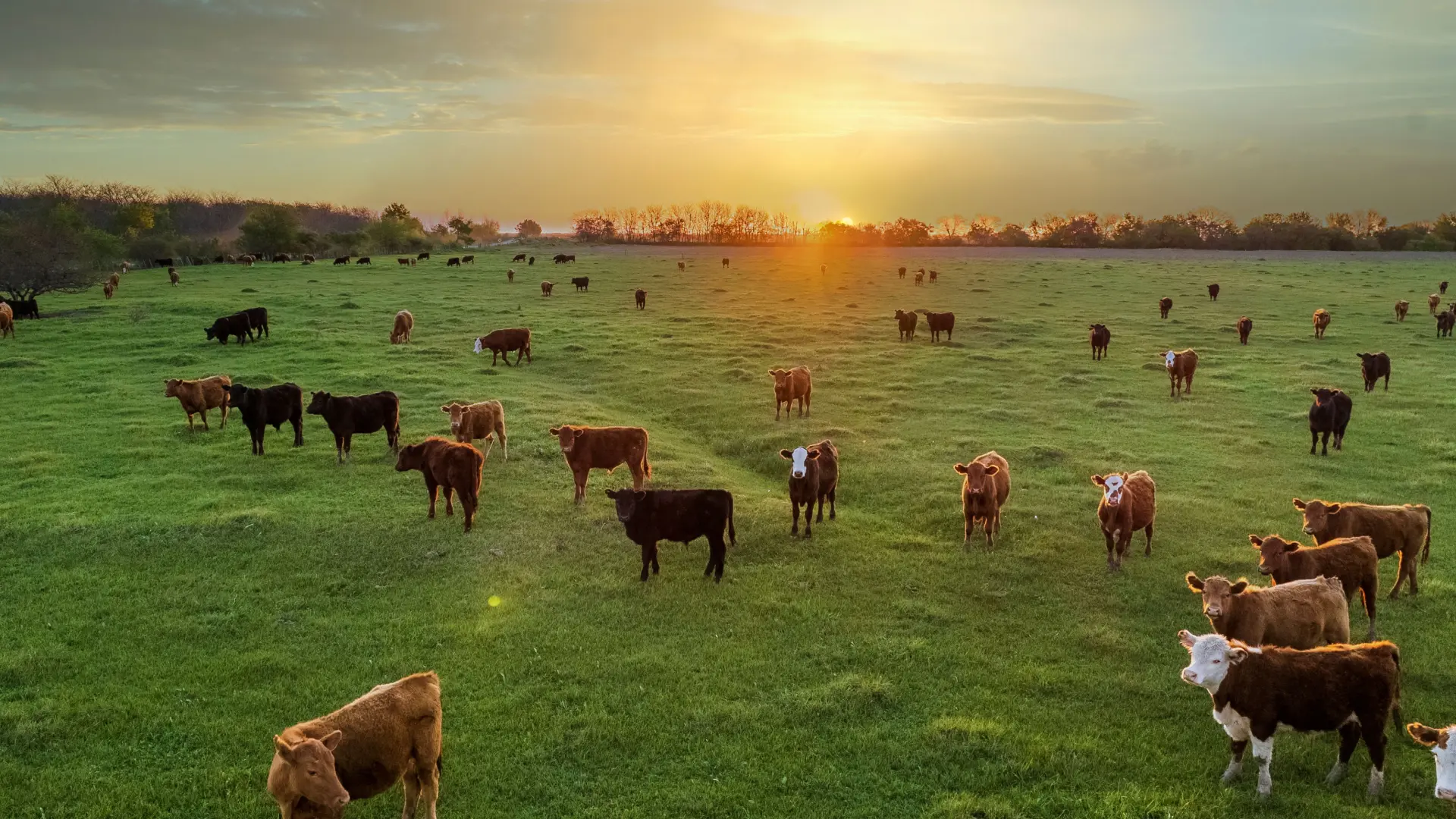For the beef industry in particular, the opportunity to move from greenwashing to real action-taking is significant. Livestock comprise 14.5% of anthropogenic emissions, with the largest portion coming from grazing cattle. How companies address climate action in this sector could provide a strong example of meaningfully engaging producers in reducing agriculture’s carbon footprint.
Diverging approaches: ineffective applications of both carrots and sticks
The threat of legal action is transforming how corporations approach their greenhouse gas emissions. Setting climate targets is no longer enough. With real legal consequences at stake, corporations must demonstrate how they plan to engage their supply chains, in terms of both the investment level and action plan.
In many cases, however, the “actions” presented by large corporations do little more than shift the burden of climate action to other members of the supply chain.
Some CPG brands and retailers have approached scope 3 emissions reductions by requiring suppliers to reduce their own emissions as a prerequisite for “market access.” While stipulating sustainability as a sourcing criteria can net positive outcomes, this approach may also signal that a company is shifting the decarbonisation burden to its suppliers.
The net result is that producers often carry the onus of transition, while downstream supply chain participants — including the largest global corporations in the agrifood industry — profit from their efforts.
This raises the question: how many corporations have targets and carbon pricing that fundamentally assume producers will pick up the tab on climate action?
At the same time, voluntary and compliance offset markets are an increasingly appealing alternative option for producers. Admittedly, the offset market for livestock has been slow to develop and barriers to entry remain. Yet the idea of asking producers to bear the cost of decarbonization, while those producers are seeing their peers access steadily increasing carbon offset prices, highlights the stark misalignment of expectations between producers and corporations.
What does an impactful climate strategy look like?
Our experience working with global corporations with climate targets has unearthed several strategies companies in the beef industry can use to drive real action and ensure alignment with standards bodies like the Science-Based Targets Initiative. These include:
1. Producer Engagement
If a company wants to prove it is taking climate action seriously, direct producer engagement is crucial. In the beef sector, corporations can enable grazing operations to adopt climate-smart practices that focus on improved genetics, animal health, nutrition or feed additives, all of which can reduce beef’s methane intensity. Companies with complex supply chains lacking traceability can still drive action within their sourcing regions using supply shed methodologies.
Impactful climate programs should offer flexibility by allowing producers to choose from a menu of practice changes selected in consultation with local experts. Practices that align with producers’ goals—such as improving profits or animal health—should be prioritized to ensure long-term traction. This way, companies can “meet producers where they are” and engage all producers in practice change, not just the most progressive or vocal ones.
2. Rigorous Measurement & Monitoring
Rigorous measurement and monitoring approaches are required by leading standards bodies like Science Based Target Initiative and Greenhouse Gas Protocol. Carbon and nitrogen flux in agricultural systems is highly complex, so ensuring that measurement and monitoring approaches are able to accurately represent that complexity is essential.
New technologies are helping companies transition to rigorous measurement and monitoring at scale, and establish clear causality between interventions and outcomes. Biogeochemical modeling in particular provides an essential tool for scaling affordable and accurate measurement, while also providing the unique benefit of being able to capture holistic impacts across methane, nitrous oxide and soil organic carbon. This enables programs to understand the holistic impact of on-farm practices and estimate the interactions between different practices they’re implementing.
3. Provide Economic Incentives
Decarbonization at any stage of the supply chain requires investment. Without financial support, producers often see corporate sustainability initiatives as an invasion of their livelihoods rather than a benefit—particularly when compensation is not offered for improved sustainability, or when the program does not directly support their financial resiliency. Corporate climate initiatives that have launched without producer payments in recent years haven’t fared well, and are being reconsidered.
One approach that aligns sustainability with producer payments is carbon insetting. This is where a company pays a producer for actual reduced emissions or improved soil carbon. This strategy is similar to carbon offsetting, except that the buyer of the carbon credit is the company that also buys the agricultural commodity. McDonald’s is at the vanguard of this approach in the U.S., for example, engaging producers directly in reducing the carbon intensity of their beef and paying them for it.
The Road Ahead
For companies that sell or process beef, the largest part of their carbon footprint will be from enteric methane and growing feed. Tackling these emissions sources directly demonstrates actual climate action and will also achieve the economies of scale needed for an acceptable ROI within the corporate setting. If the economics are measurable and compelling, the range of co-benefits that come with on-farm programs (e.g., development of resilient supply chains) will make them a no-brainer for corporations.
There are many unknowns in sustainability reporting today for the food and agriculture sector, given changing regulations and nascent science around carbon flux. Yet with the strategies above, sustainability executives are beginning to implement programs that drive real and measurable climate impact, while collaboratively supporting producers. For beef producers, these are the types of programs that should be celebrated and replicated, creating a model for the agricultural industry as it navigates growing public concerns about corporate climate action.
—
Dr. Nicole Buckley Biggs (Stanford PhD ‘22, Harvard ‘08) is an environmental scientist and corporate sustainability gamechanger currently directing AgriWebb’s involvement within the global red meat and agriculture space. With over 15 years of cross-sector experience, including time at the Aspen Institute and The Nature Conservancy, she’s galvanizing many of the biggest players in the agtech space to bridge the gap between food and agriculture corporations and the family farmers and ranchers working to feed the globe.
Devon Long is the General Manager, Asia Pacific region, for Regrow Ag, where she works across the global ag supply chain to unlock the power of resilient agriculture. Devon focuses on enabling economic opportunities with reduced environmental impact by creating competitive advantages through Regrow's technology. Earlier in her career, she was the Chief Operating Officer of the Design Farm Collective in Sydney.




